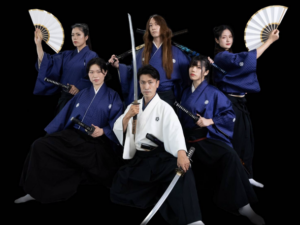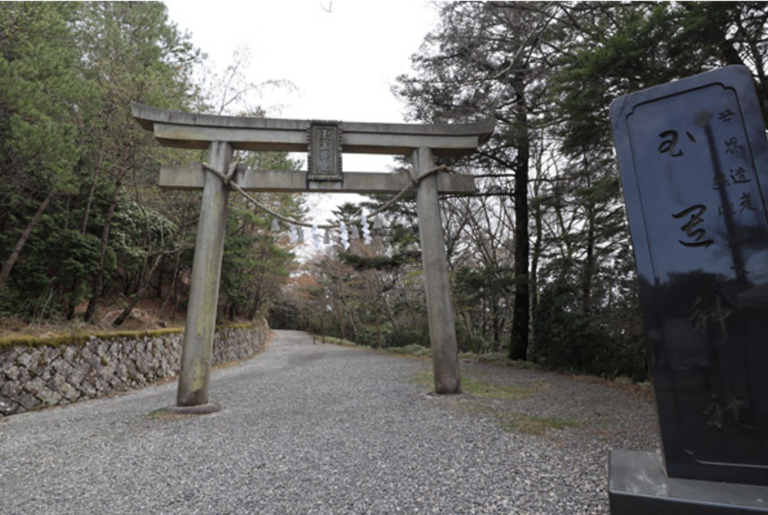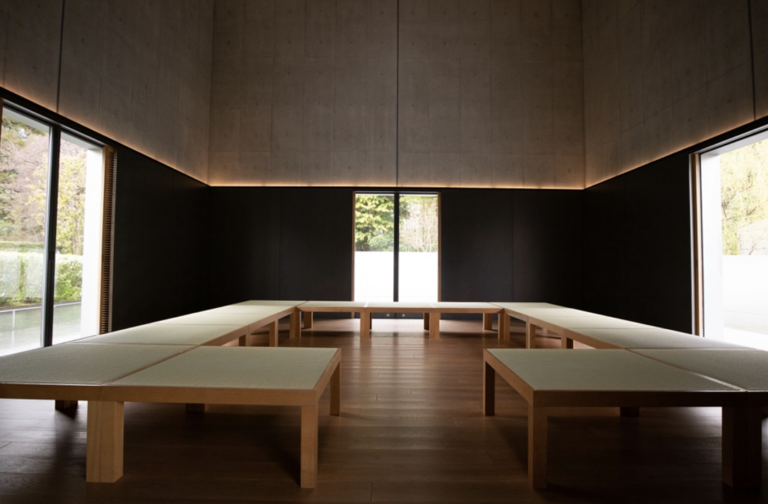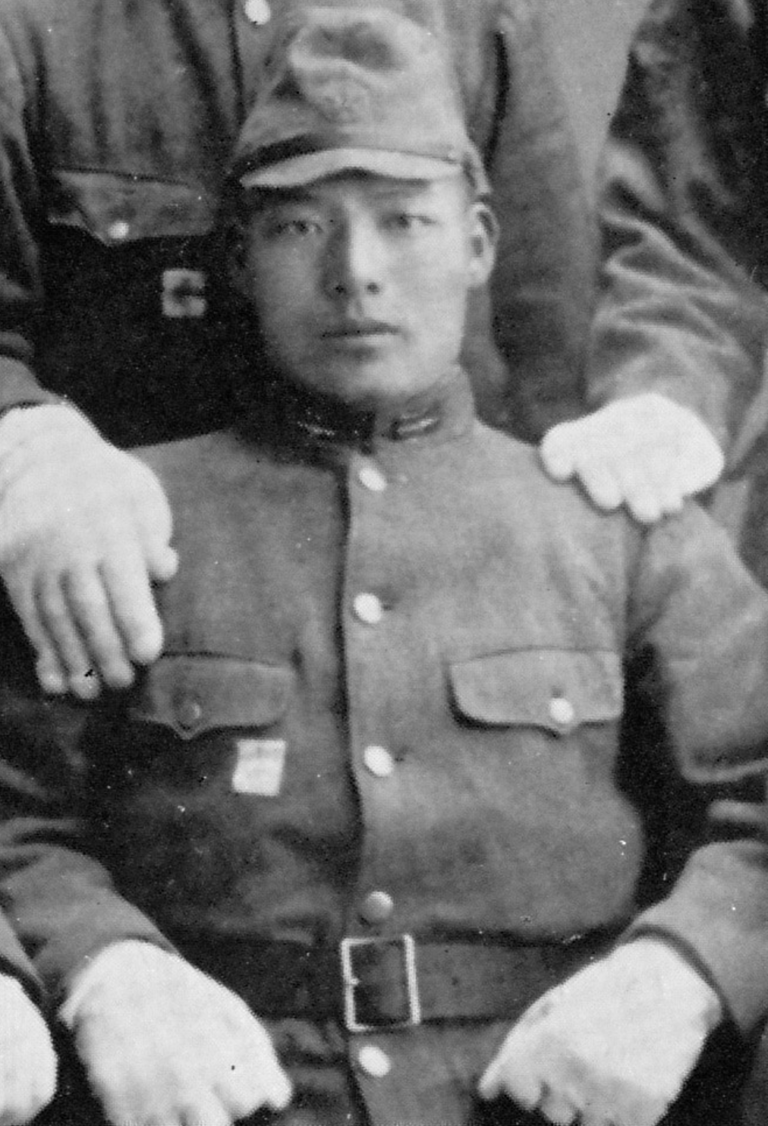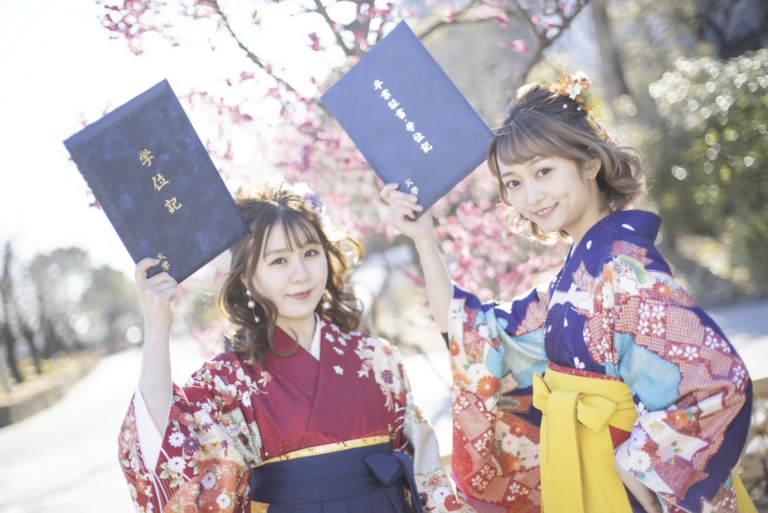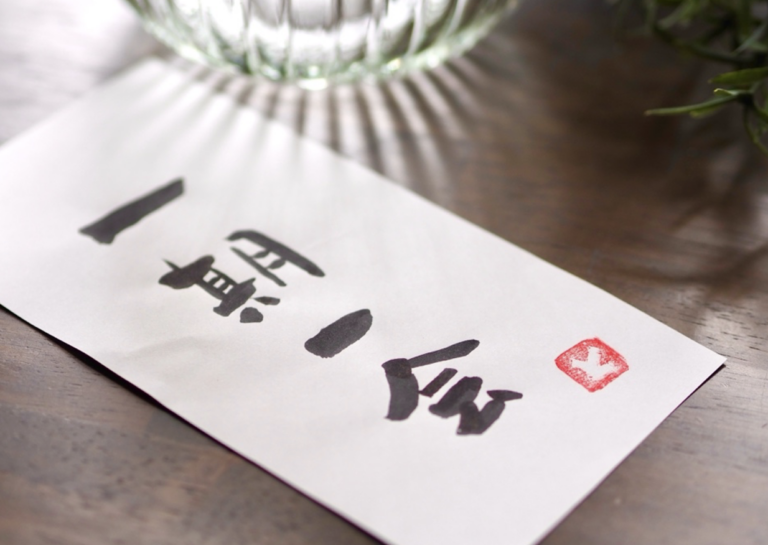Bushido Part 3
In this article, I will give an overview of the origins of Bushido. Originally, the samurai were an armed group that emerged in the 9th and 10th centuries, during the Heian period (794-1185). After a long period of warfare, the Edo shogunate, established by Tokugawa Ieyasu in the early 17th century, ushered in an era free from warfare.
In this period the samurai’s work, which had mostly involved fighting up until then, switched to a more political role. The samurai had fought for an era of peace, but with the coming of peace, they lost their goal of “fighting and winning”.
Under these circumstances, the ideal image of a samurai was transformed into a status that should serve as a role model for society. It couldn’t have been easy being told to change so drastically, could it?
Out of this arose Bushido: “What a samurai should be like.”
“Bushido” tells of an “ideal samurai” who possesses the following spirit:
Gi (righteousness) = The most rigorous teaching in which one has a sense of justice that abhors cowardly or unjust actions and is careful in one’s own words and deeds.
Yū (courage) = To be brave, but also exercise courage for the sake of justice. To live when one should live, and to die only when one should die.
Jin (compassion) = Compassion for the weak and the defeated, and a loving heart toward others.
Rei (courtesy) = Consideration of others’ feelings and to pay due respect to their status in society.
Shin (sincerity) = Preparedness to risk one’s life to accomplish what one has said.
Chu (loyalty) = Obedience and fidelity to one’s superiors; to serve and give one’s life for the sake of others.
Chi (wisdom) = To cultivate wisdom. Wisdom is not only knowledge but also the truth on which it is based.
Meiyo (honor) = To avoid arrogance and to respect the duties and privileges associated with one’s status.
Kokki (self-restraint) = To refrain from revealing one’s innermost thoughts and feelings.
The samurai changed from a fighting profession to a role model for society, and the bushido born out of that became a doctrine not of fighting, but rather one that explains how a person should be as a human being and as a role model for others. It conveys “righteousness” in a way that is different from religion.
Inazō Nitobe wrote the English book, “Bushido: The Soul of Japan”, which offers an interpretation of Bushido. This was translated into a number of other languages.
I hope everyone has the chance to read it.
志伝流. 志伝 飛龍
Shidenryu Shiden Hiryu


